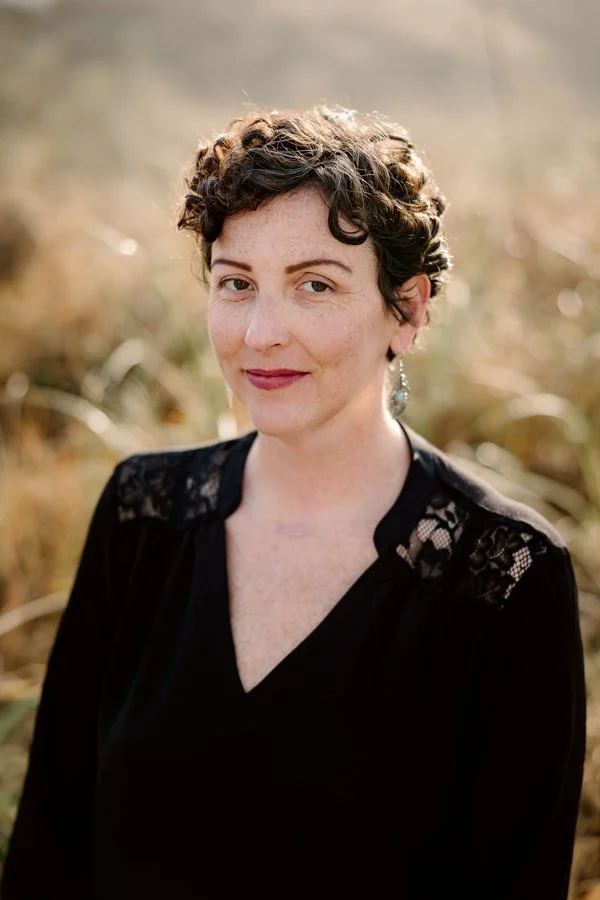Sita Romero’s debut novel Words We Cannot Say offers a true and unflinching look at pregnancy and hardship. The story is told through the lives of three different women as they navigate the struggles of friendship, motherhood, pregnancy and loss. Though the women seem to be entirely different, their lives connect in organic and often overlooked ways.
The author’s next book Vanishing Shoals “is a micro-memoir written during a year-long cancer journey;” the book will be available on July 1, 2022 from L10 Press.
The novel begins with Penelope, a labor and delivery nurse in Atlanta. When the man she is seeing abandons her to save his marriage, she finds herself pregnant and alone and must face the idea of becoming a mother despite her intentions of never being one or consider her other options. Her closest friend, Jesenia, a first-generation American and model, is dedicated to the idea of having a child of her own. The pressure of spending three years trying to have a child combined with her all-too-traditional family is challenging and proves to be more strain than modeling ever was.
As the story progresses, Penelope is facing her own choices when Jesenia finds out she is pregnant. Unable to share the news with Penelope, Jesenia turns to Lotus for support. Though Penelope and Lotus are cousins, their upbringings were very different. Penelope’s childhood with her mother enforces the idea that she would never make a good mother, while Lotus is raising a demanding toddler named Blaze while pregnant with her second child. Lotus makes being a mother look easy with her dedication, but she is hiding a deep inability to tell others “no.” This problem is exacerbated by her husband Rob with whom she has an open polyamourous marriage—where dating outside of the relationship is common. When Jagannath, her husband’s ex-lover, comes to live with them temporarily, Lotus slowly discovers the partnership with Jagannath becomes the one she had wanted with her husband. All the while, her husband spirals further and further out of control.
***
Before becoming a writer, Romero spent fifteen years working in women’s health. Her background in labor and delivery is evident from the very first chapter when Penelope calls a code thirteen.
“We’re going to help you have your baby now. I want you to stay calm. I’ll explain everything after. Things are going to happen very fast. Do you understand?”
One minute. The mental countdown started. How many minutes will it take to get the baby out? Ten? Twenty? Ten would be a record. Twenty would likely not end well. She wondered how she could keep her hand steady for that long.”
Romero’s years working with pregnant mothers and teaching child birthing classes have given her an insight into the fast-paced world of labor and delivery that only deepens the importance of Words We Cannot Say and the way it brings clarity to the power of the moment when a patient understands the emotional complexity of giving birth:
“The kick of the baby startled them both.... She had a heightened sense of the being inside her growing, moving.... She held her hand over his for another minute, neither of them talking but both sharing the movements of their baby. After no kicks came for a bit, he pulled his hand away. “Thank you.”
She nodded. “You’re welcome.”
“And thank you for thinking about it.”
Do I really want Jasper in the room, watching me give birth? As they parted, she watched Jasper get into his car. He sat slumped with two hands grasping the steering wheel. He looked less and less like the hottest guy she’d ever been with and more and more like a broken individual.”
Romero’s honesty about woman’s experiences with abortion, infertility, and marriage is refreshingly accurate and true to the experiences of so many women—she’s been successful in her depictions of pregnancy told from a female perspective. She allows women, whose experiences are often silenced, to come forward and share their struggles. Her characters seem to have the opposite life experience, instead existing only within their pregnancy journey. In providing the female point of view, Words We Cannot Say is revolutionary—an unobstructed view into the lives of unconventional women.—Jessica Blandford
Jessica Blandford graduated from the MFA program at Queens University of Charlotte in May of 2020. She was born and raised in the greater Grand Rapids area, where she now lives with her partner. When she isn't writing Blandford can be found riding old state highways on her motorcycle. She has three dogs, Sami, Ryder, and Jax. She often contributes to the Southern Review of Books and currently works as an adjunct professor at Grand Rapids Community College. Her work has appeared in Marathon, Honey Fire, HYYPE Online and Display magazine. Blandford's work is often focused on the modern female perspective. Visit her webpage or follow her on Facebook, Instagram, or Twitter.



